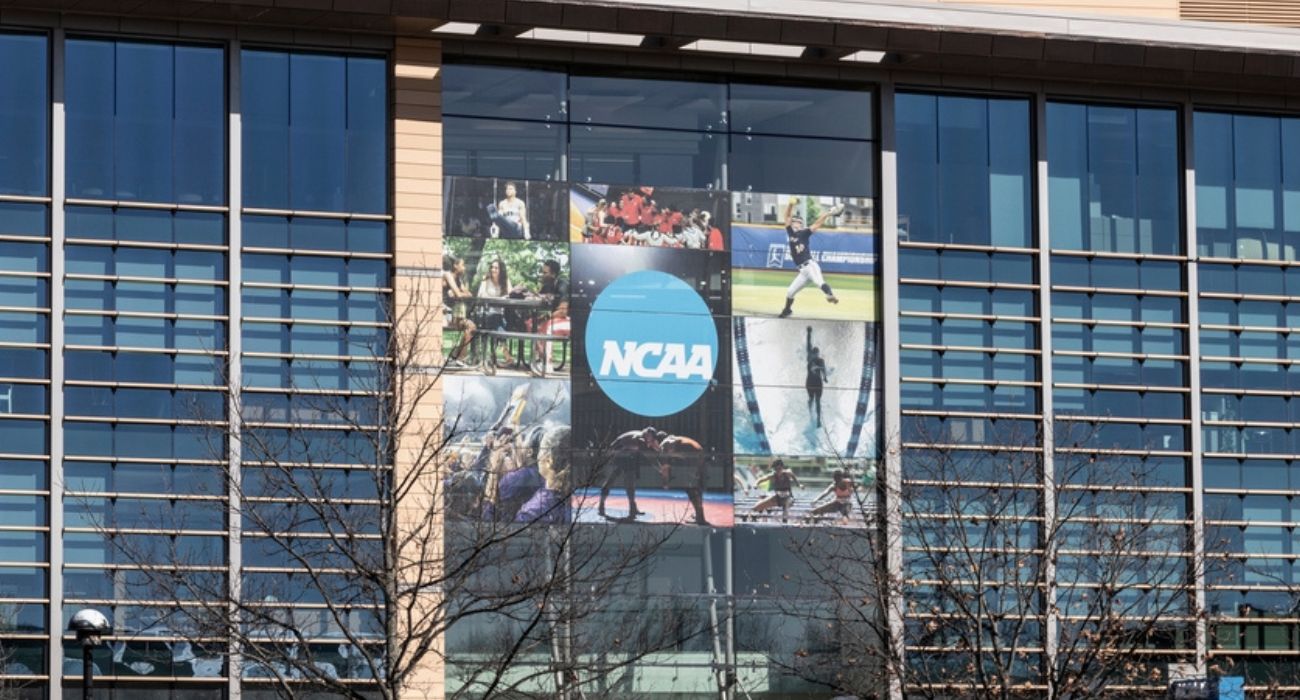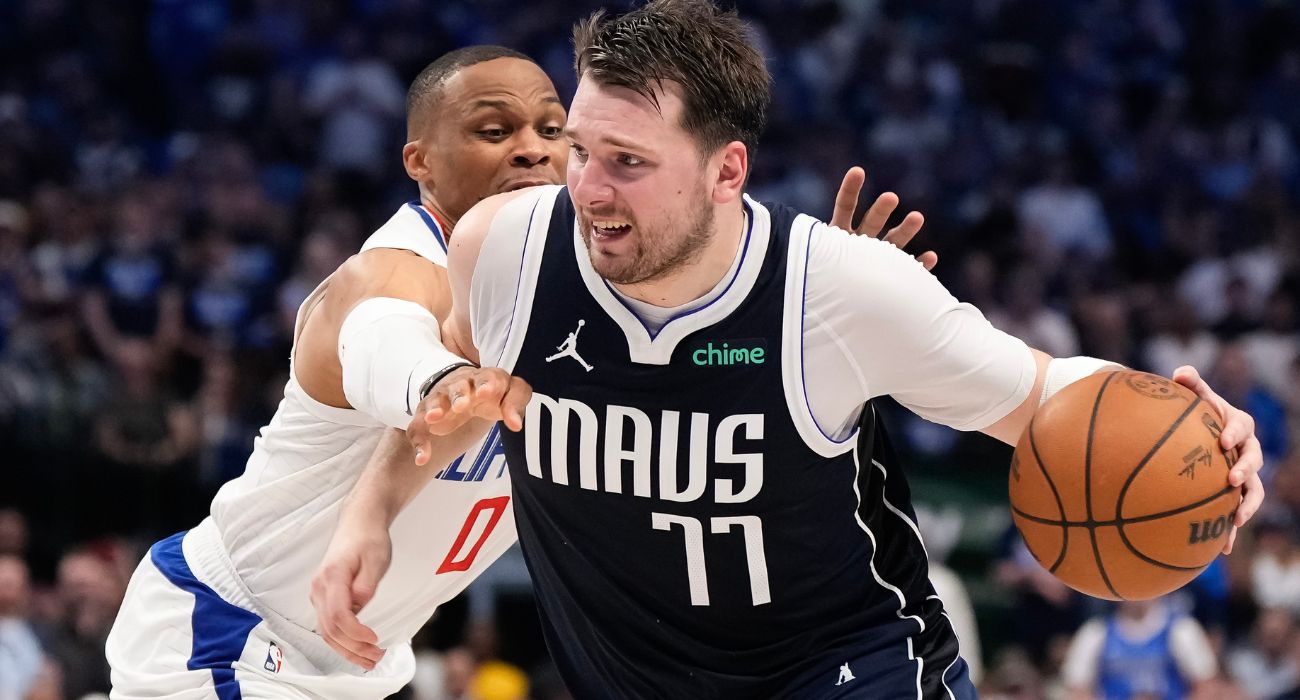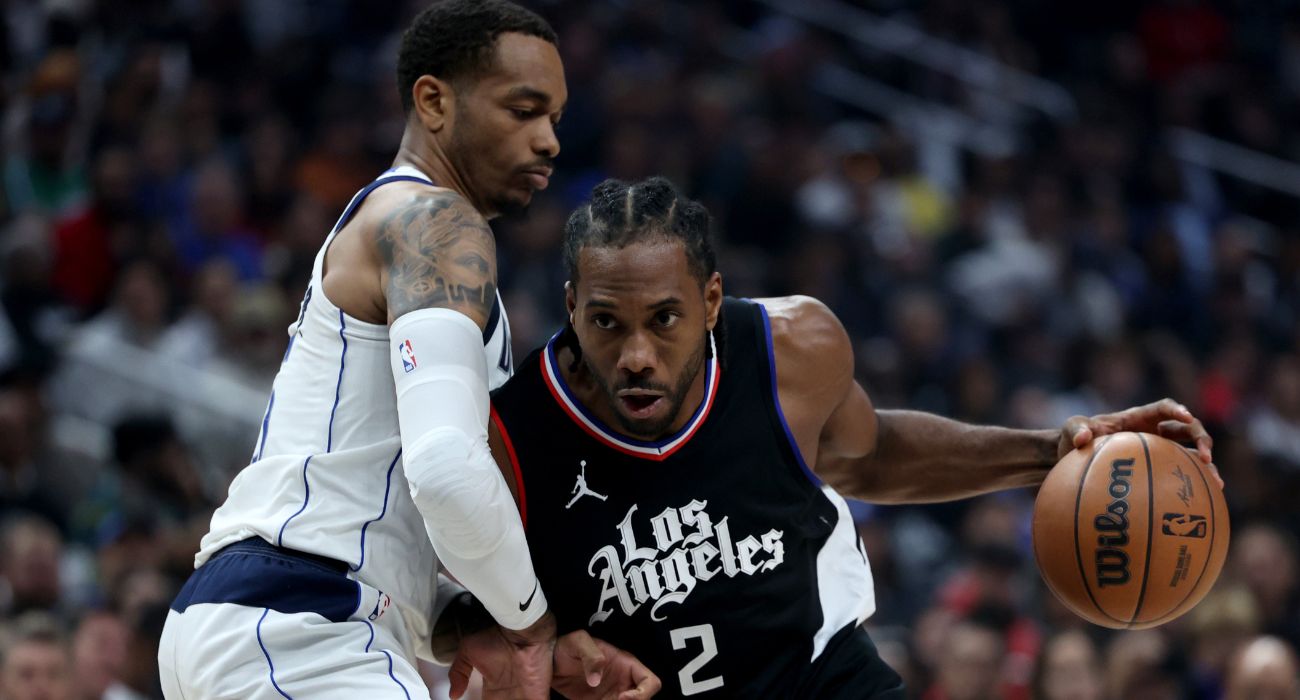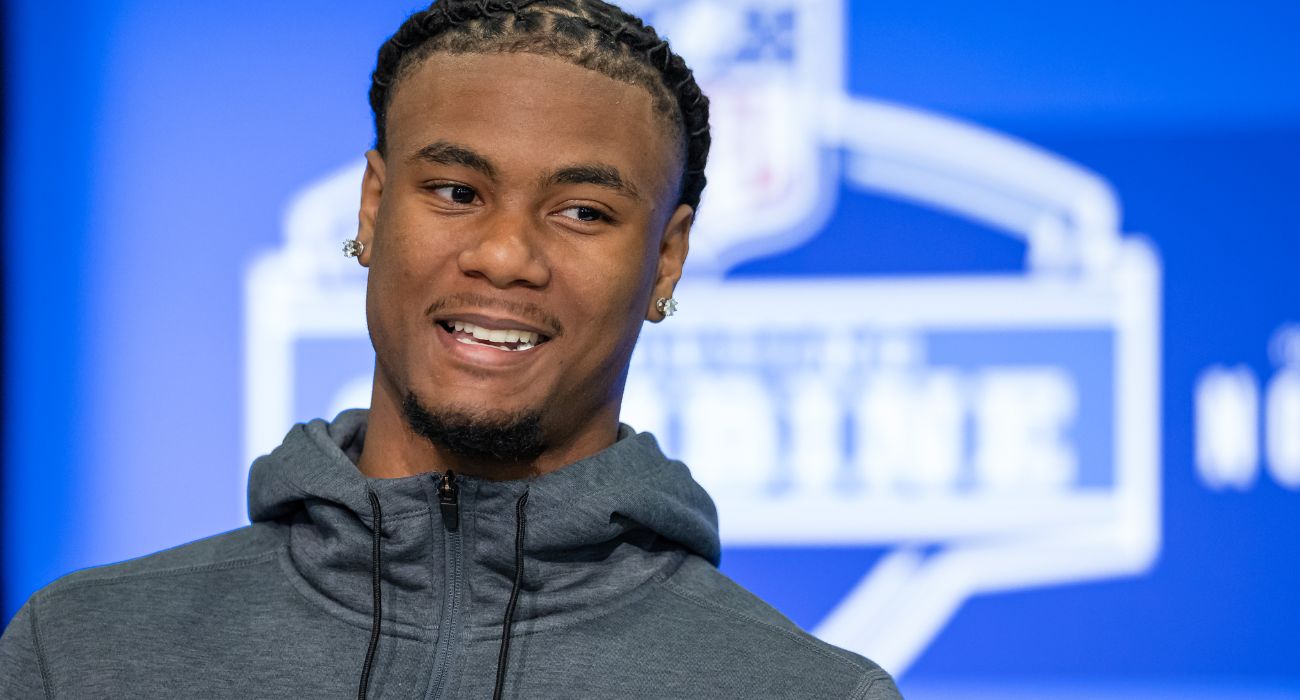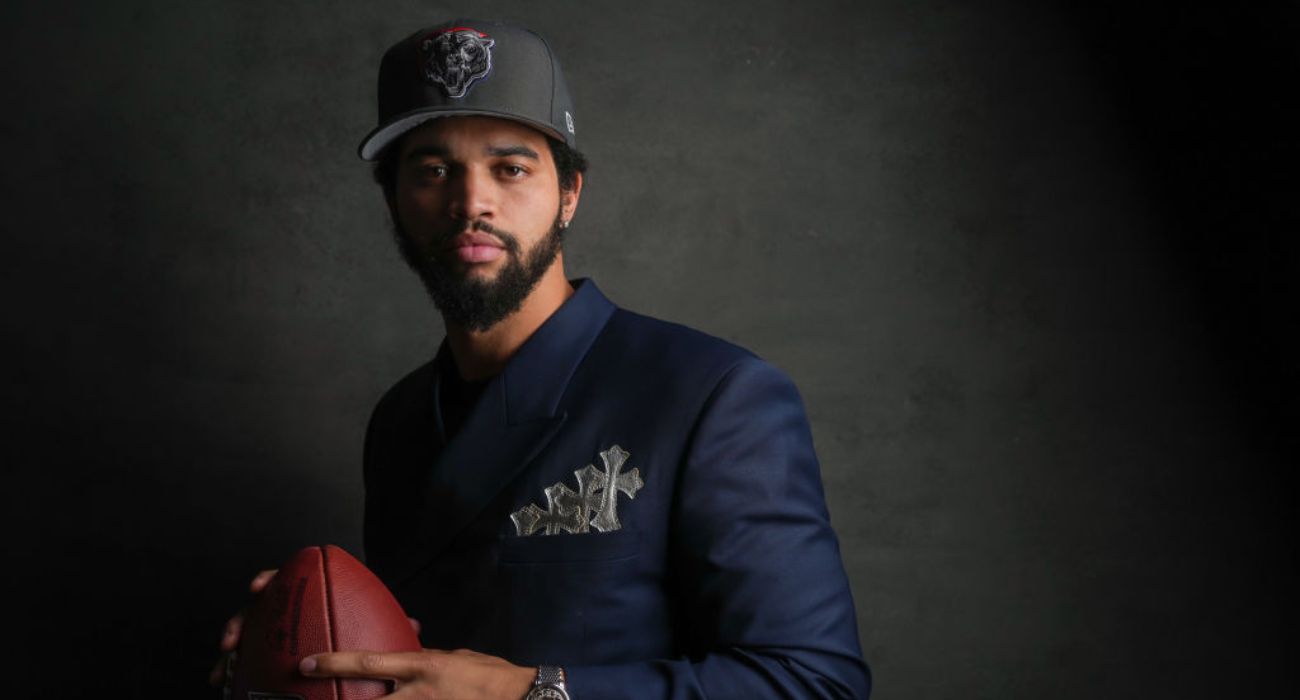The transfer portal in college sports has been a divisive topic since the NCAA started allowing immediate eligibility to first-time transfers in 2018.
The introduction of Name, Image, and Likeness (NIL) has further complicated things and made the process much more similar to free agency than perhaps intended. Yet, another wrinkle was thrown into the mix this week.
A U.S. district judge in West Virginia granted a temporary restraining order against the NCAA, allowing two-time transfers to become immediately eligible for a 14-day period after a lawsuit brought by seven states, including West Virginia, argued that the practice violates federal antitrust laws.
Since 2018, undergraduate student-athletes could transfer schools once, for any reason, while maintaining immediate eligibility. However, student-athletes who transfer more than once must sit out a year before becoming eligible to play unless they have experienced extenuating circumstances (family emergency, coaching change, abusive behavior, etc.) or are a graduate student.
However, the process has been met with skepticism, as the criteria for granting immediate eligibility waivers to transfer seem to be inconsistently applied.
Just this football season, North Carolina wide receiver Devontez “Tez” Walker was denied a waiver for immediate eligibility as a multi-transfer student-athlete. Yet, several factors were at play, including his mental health, the health of a family member, and a previous coaching change that led to his transfer that likely should have qualified him for immediate eligibility.
While the NCAA eventually changed its ruling in this case, and Walker was allowed to return to the field, he had already missed some of the Tar Heels’ games by the time the organization corrected its course of action.
According to WFAA, the NCAA will “comply” with the ruling, but ESPN has since reported that student-athletes who decide to become eligible during the period could lose an entire year of eligibility if the order is reversed due to the nature of the NCAA’s bylaws.
Further updates will come from a hearing on December 27.

